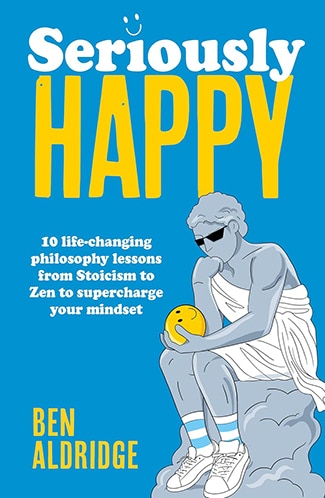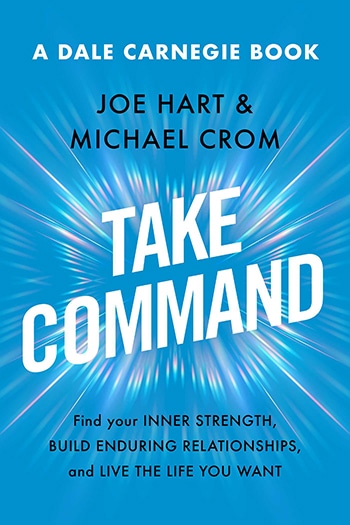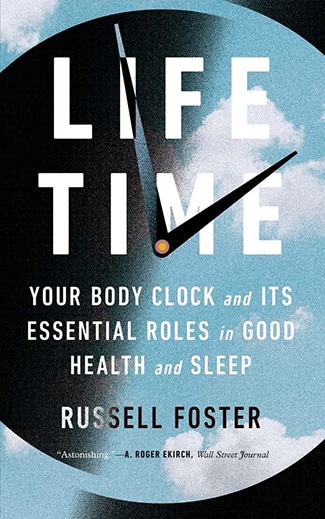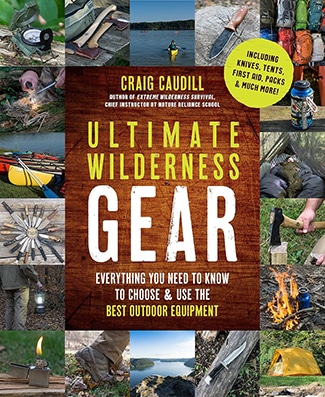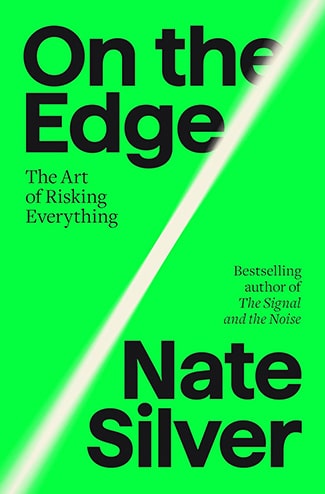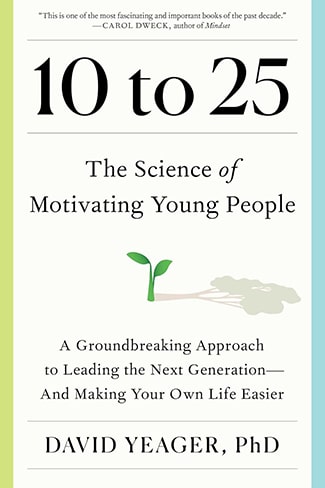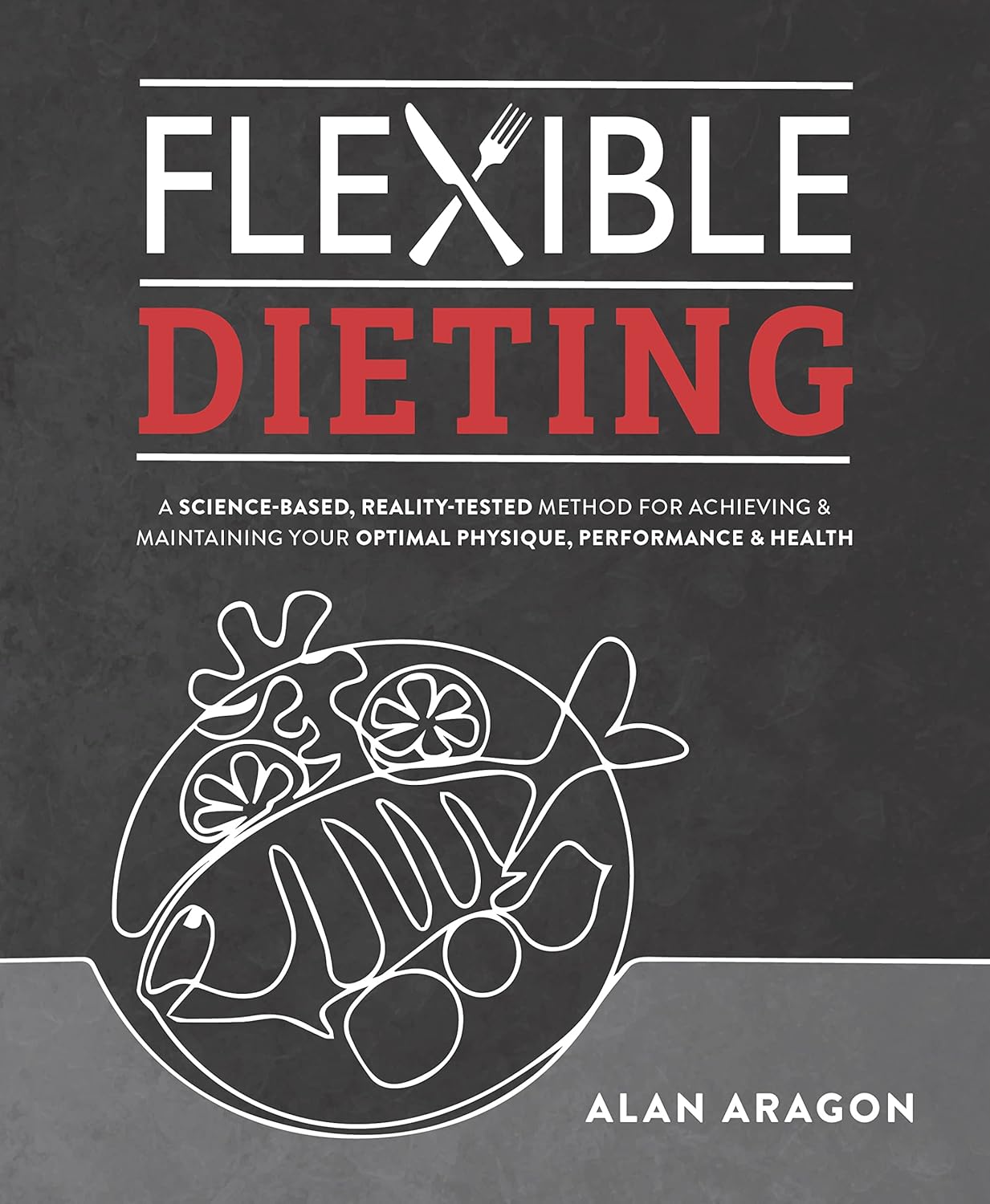Podcast Summary
Understanding the three types of willpower: Recognize and manage the three aspects of willpower: resisting temptations, pursuing goals, and desiring good things, while considering external factors that may weaken it.
Willpower is a crucial instinct that helps us achieve our goals, but it's not a limitless resource. In her book "The Willpower Instinct," psychologist Kelly McGonigal explores the science behind willpower, describing it as an instinct that involves three types: I won't power (resisting temptations), I will power (pursuing goals), and I want power (desiring good things). Understanding these aspects and their limitations can help us make better use of our willpower. However, external factors like shame, the people around us, and even making progress with our goals can weaken our willpower. To get the most out of it, McGonigal offers tips such as setting clear goals, practicing self-compassion, and creating supportive environments. By recognizing the science behind willpower and applying it to our lives, we can increase our chances of reaching our goals.
Using instinct for higher goals: Willpower is the human ability to align actions with long-term values and goals, even when faced with immediate temptations.
Willpower is more than just resisting temptations or making difficult choices about food or sex. It's a natural human capacity to apply instinct towards our highest values and goals, even when it's challenging. Parents and caregivers use this instinct every day, but often don't recognize it as willpower. We all have the ability to think about the consequences of our actions, remember our values and goals, and plan for the future. Willpower is about using this instinct to negotiate internal conflicts and make decisions that align with our long-term interests, even when faced with immediate gratification. It's a core feature of the human mind and essential for our survival as a cooperative species.
Understanding the Complexity of Willpower: Willpower involves brain systems with conflicting goals, including motivation and long-term focus, and understanding these processes can help us appreciate the human capacity for self-control.
Willpower is a complex function of the brain involving different systems with conflicting goals. It's not just about resisting temptations, but also about finding the motivation and energy to pursue long-term goals despite fears and doubts. The brain mechanisms underlying willpower include the prefrontal cortex, which helps set long-term goals, and the reward system, which provides motivation. Understanding these processes can help us appreciate the human capacity for self-control and recognize that willpower challenges are a normal part of being human.
Understanding the Three Powers of Willpower: Willpower involves 'I will' and 'I won't' powers, influenced by values and priorities. We can strengthen it through techniques like meditation, goal-setting, and finding purpose.
Our brains have different patterns of activation when we exert willpower to give in to impulses versus when we resist them. These patterns involve the activation of "I will power" and "I won't power," as well as our values and priorities. Understanding these three fundamental powers of willpower can help us recognize our strengths and weaknesses, and even develop strategies to improve in areas where we struggle. The research suggests that we can indeed strengthen our willpower through various techniques and practices, such as mindfulness meditation, goal-setting, and developing a strong sense of purpose. Additionally, recognizing that everyone has unique willpower strengths and challenges can help us be more compassionate and understanding towards ourselves and others.
Willpower development in children vs adults: Willpower strengthens with intentional effort and self-control practice for adults, while children naturally develop it in supportive environments.
Willpower development varies between children and adults. For children, it naturally develops in a safe and trusting environment that supports their goals. For adults, it requires intentional effort to create such an environment for oneself and practice self-control. The idea that willpower is like a muscle that can be strengthened over time through practice and recovery is still relevant, despite ongoing debates in the scientific community. It's important to remember that we can't control every thought, feeling, or action, and trying to do so can be exhausting. Instead, focus on setting realistic goals, practicing self-compassion, and ensuring adequate rest for optimal willpower development.
Respecting our limits and practicing self-care: Recognize that willpower can be depleting, prioritize self-care, and approach challenges with a growth mindset
Willpower can be depleting, and it's essential to recognize and respect our limits. The constant demand to take on challenges and suppress our feelings can undermine our ability to be the best versions of ourselves. However, it's essential to remember that with important goals, the challenge may not always be as hard as it seems in the moment. Our brains and nervous systems can change to support us in making lasting changes. Practicing self-care, such as getting enough sleep, meditating, exercising, and maintaining a healthy diet, can help strengthen our willpower and make it easier to face challenges. By understanding that we can't control everything all the time and that it's okay to let ourselves off the hook when needed, we can approach willpower challenges with a growth mindset and a more human perspective.
Boosting willpower through lifestyle changes: Improve sleep, eat well, and exercise to enhance willpower, creating a positive cycle for self-improvement. Be mindful of cognitive traps like moral licensing that can undermine willpower goals.
Our willpower is deeply connected to our biology, and making simple changes to our lifestyle, such as getting better sleep, eating a healthy diet, and being physically active, can help strengthen our willpower. These actions can create an upward spiral, making it easier to engage in other willpower-building activities. However, it's important to recognize that our willpower can also have its limits and can even lead to failure through cognitive traps like moral licensing. This occurs when we give ourselves permission to indulge in unhealthy behaviors after making a good choice, sabotaging our overall goals. Understanding both the biological foundations of willpower and its limitations is crucial for effectively building and maintaining strong willpower.
The way we view and approach willpower matters: Focus on intrinsic motivation, avoid moral licensing, and shift mindset for successful goal attainment
The way we view and approach our willpower can have a significant impact on our ability to stick to our goals. Moral licensing, or the idea that we give ourselves permission to indulge after doing something good, can actually sabotage our progress. Instead of focusing on moral accounting or rewarding ourselves with activities that undermine our goals, it's essential to stay connected to the intrinsic motivation behind our actions. Thinking of willpower as a moral issue can lead to feelings of shame, which can deplete our willpower further. Instead, we should focus on what we truly want and what matters most to us, and exercise our willpower in a way that aligns with those goals. By shifting our mindset and approach, we can increase our chances of success and maintain our motivation over the long term.
Focus on what you want and practice self-compassion: Moralizing and licensing hinder progress, focus on goals, show compassion, and acknowledge change is hard
Focusing on what you truly want and practicing self-compassion are essential for making choices that bring you closer to your goals, rather than falling into the trap of moralizing or licensing. Every choice you make is an opportunity to progress, and moralizing yourself or others can lead to a cycle of shame and blame that hinders change. Instead, be clear about your goals, show compassion towards yourself and others, and recognize the difficulty of making changes. The antidote to moralizing is focusing on what you want and practicing self-compassion.
Understanding Willpower and Self-Compassion: People with challenges exert great willpower, self-compassion helps, surround yourself with supportive people for success
People dealing with significant challenges, such as addiction or strong impulses, are actually exerting tremendous willpower, even if it may not appear that way to outsiders. Self-compassion is crucial in these situations, and it doesn't mean being overly soft or soothing oneself. Instead, it's about being supportive, firm, and encouraging, like a coach or mentor would be. Surrounding oneself with individuals who share similar goals can also help strengthen willpower by providing support and reminders during weak moments. Ultimately, understanding the true nature of willpower and self-compassion can lead to greater self-awareness, resilience, and success.
Strengthen willpower with clear goals, positive alternatives, mindfulness, supportive people, and healthy habits: Setting clear goals, focusing on positives, practicing mindfulness, surrounding yourself with support, and creating healthy habits can help strengthen willpower and resist temptations
Willpower can be strengthened and protected by setting clear goals, focusing on positive alternatives, and practicing mindfulness. The brain's natural response to setting a goal to avoid something can actually make that thing more tempting, so it's important to reframe goals in a positive light and practice awareness without judgment. Additionally, surrounding yourself with supportive people and creating healthy habits can help build willpower and make it easier to resist temptations. Research suggests that morning reflection and self-affirmation can also serve as effective "vaccines" against negative influences. By focusing on what we want to do or say yes to, we can redirect our energy and attention, making it easier to exercise willpower in daily life.
Identify core goals and values, get enough sleep, and take small consistent actions: Clarify goals and values, prioritize sleep, and focus on small actions for improved willpower and goal achievement
Strengthening your "want power" by identifying your core goals and values, getting enough sleep, and taking small consistent actions every day are essential for improving your willpower and achieving your goals. According to Dr. Kelly McGonigal, author of "The Willpower Instinct," being clear about your most important roles, goals, and relationships can help you build the willpower to make positive changes in your life. Additionally, getting enough sleep is crucial for maintaining the neurological processes that make it easier to use your willpower. Lastly, focusing on small consistent actions that align with your goals can lead to significant progress, even if it seems incremental. For example, delaying the first cigarette of the day by a few minutes can increase your chances of quitting smoking in the long term. Overall, the key is to trust the process and make small, consistent efforts towards your goals every day. To learn more about Dr. McGonigal's work, visit her website at kellymaconical.com, or check out her upcoming book "The Joy of Movement."

